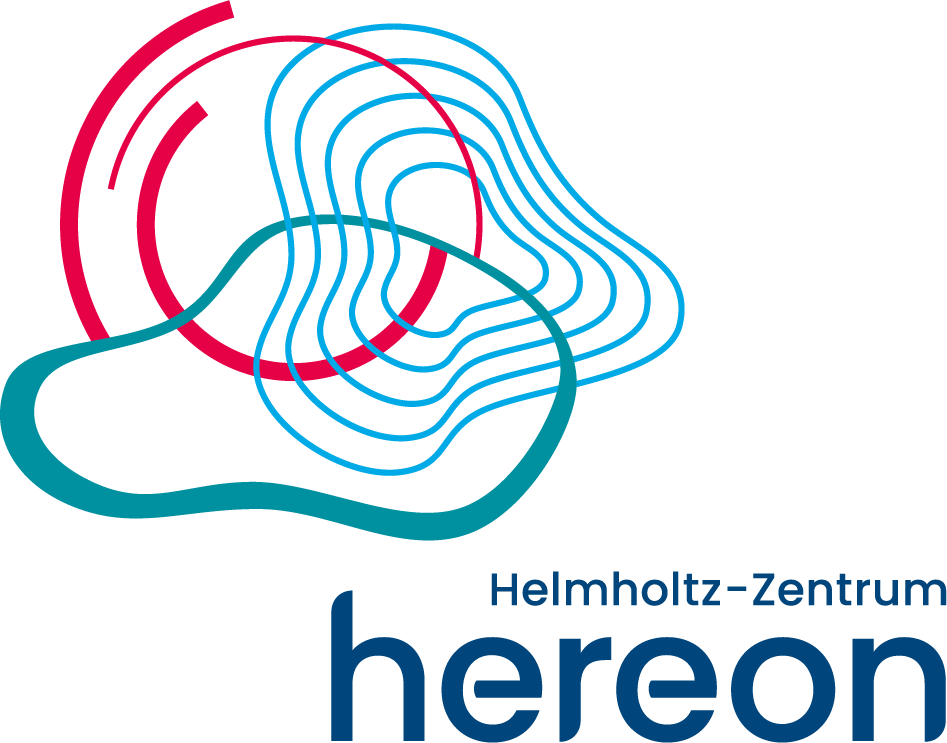MLZ is a cooperation between:
 > Technische Universität München
> Technische Universität München > Helmholtz-Zentrum Hereon
> Helmholtz-Zentrum Hereon
 > Forschungszentrum Jülich
> Forschungszentrum Jülich
MLZ is a member of:
 > LENS
> LENS > ERF-AISBL
> ERF-AISBL
MLZ on social media:

MLZ (eng)
Lichtenbergstr.1
85748 Garching
20.11.2025
From entanglement to spin liquids: conference brings leading quantum researchers to Garching
The United Nations has declared 2025 the International Year of Quantum Science and Technology, marking 100 years since the birth of quantum mechanics. Fittingly, this October saw Garching become a hub of international exchange on the frontiers of quantum materials, as over 70 researchers from around the world gathered for the first-ever Munich Quantum Matter Days.

The participants of the Munich Quantum Matter Days in front of the IAS. © Laura Richter, FRM II / TUM
“Quantum is everywhere”
Organised by Prof. Dr. Natalia Perkins, TUM-IAS Hans Fischer Senior Fellow, together with Prof. Dr. Johannes Knolle, Professor of Quantum Matter and Nanophysics at the Technical University of Munich (TUM) and Prof. Dr. Christian Pfleiderer, Scientific Director of the FRM II and at the MLZ, the week-long event from 27 October brought together 30 highly renowned speakers to discuss recent breakthroughs in areas such as quantum magnetism, spin liquids, and topological materials. “Quantum is everywhere – and it takes on many fascinating forms,” said Christian Pfleiderer. “With the Munich Quantum Matter Days, we wanted to create a meeting point for our growing community and a platform for scientific exchange at the highest level.”

The poster session was a great place to connect and exchange ideas, accompanied by a typical Bavarian “Brotzeit”. © Christoph Kreileder, FRM II / TUM
Connected yet apart: Unraveling the quantum many-body entanglement
The focus of the workshop was on one of the central challenges in quantum physics: understanding strongly correlated quantum materials – systems where the state of each particle is deeply linked to that of others. This phenomenon, known as quantum entanglement, is probably one of the most paradoxical in all of physics. It describes how two or more particles are so closely linked that their states can no longer be considered independently – a phenomenon Albert Einstein once called “spooky action at a distance.”
In strongly correlated materials, the entanglement extends across entire systems of countless interacting particles, a phenomenon known as many-body entanglement. Although researchers have made significant progress in discovering and classifying new quantum states of matter, many aspects of their dynamic behavior remain elusive. How do these systems respond to light, heat, or magnetic fields? Developing improved theoretical models to describe such processes is crucial to identifying and characterising new quantum states.

With pleasant weather, the invited speakers took a hike to Kloster Andechs and continued their discussions about quantum matter physics near the Bavarian Alps. © Martina Kretzer, FRM II / TUM
Theory meets practice
“The feedback from the more than 70 participants was extremely positive,” said Natalia Perkins. “Many highlighted the stimulating talks, lively discussions, and open atmosphere that fostered exchange between theorists and experimentalists alike.” The sessions held at both the Institute for Advanced Study (IAS) and the Center for Quantum Engineering (ZQE) provided fertile ground for collaboration, suggesting that the Quantum Matter Days may become a biannual event in the future.
Related News
MLZ is a cooperation between:
 > Technische Universität München
> Technische Universität München > Helmholtz-Zentrum Hereon
> Helmholtz-Zentrum Hereon
 > Forschungszentrum Jülich
> Forschungszentrum Jülich
MLZ is a member of:
 > LENS
> LENS > ERF-AISBL
> ERF-AISBL
MLZ on social media:





